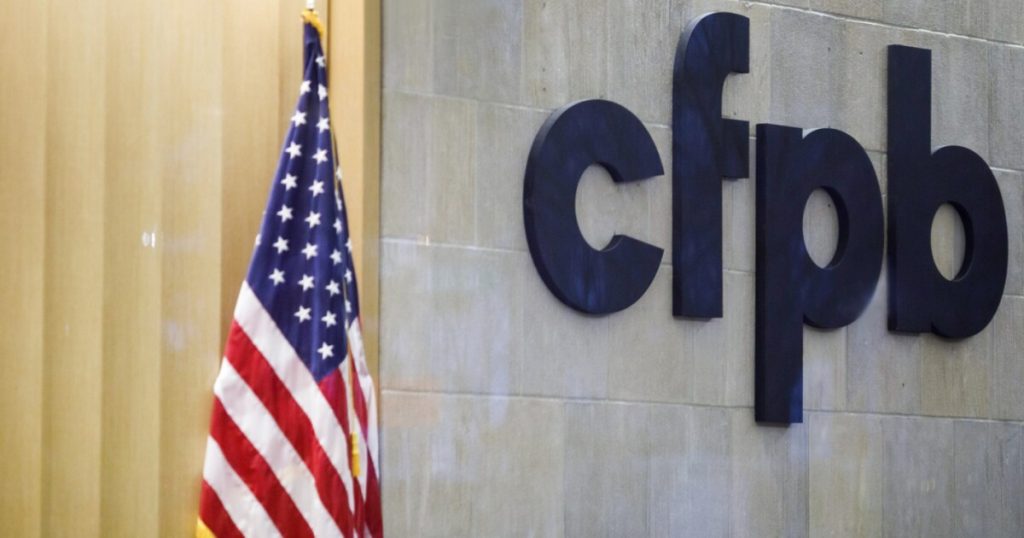The Trump administration appealed a federal judge’s order that stopped the government from dismantling the Consumer Financial Protection Bureau.
On Saturday, the Department of Justice filed an appeal with the U.S. Court of Appeals for the District of Columbia and also notified the plaintiffs, led by the National Treasury Employees Union, of its intention to file a motion for an emergency stay directly to the appeals court without first moving in the district court.
The preliminary injunction was issued on Friday by U.S. District Judge Amy Berman Jackson. It marked a major win for the National Treasury Employees Union and consumer groups that
On Monday, Deepak Gupta, who represents the NTEU, filed a motion with the district court requesting a briefing schedule on the DOJ’s motion to stay the injunction.
Gupta said the Justice Department claimed in its motion Saturday that it had filed a stay five weeks ago in opposition to the preliminary injunction, and alleging the court “had implicitly denied a motion to stay that the defendants never filed.”
He asked the judge to enter an order clarifying that the Trump administration had not filed a motion to stay the order, that the court had “not yet ruled on any such motion,” and that the union did not have an opportunity to respond. Gupta requested an expedited briefing schedule that would require the DOJ and union to respond quickly.
The union “is willing to agree to an administrative stay of the preliminary injunction until this Court has ruled, as long as the prior consent order and agreement on contracts is continued,” Gupta wrote.
The preliminary injunction and order by Berman Jackson was yet another blow to the Trump administration’s efforts to dismantle federal agencies and fire employees. The administration faces
Jackson wrote in a 112-page memorandum that the union is likely to succeed on the merits of its Administrative Procedure Act claims and that the injunction serves the public interest. The Congress created the CFPB with the passage of the Dodd-Frank Act in 2010.
“There is no act of Congress that empowers the president to shut down the CFPB in his discretion,” Berman Jackson wrote in the order released Friday.
She also specified: “This is precisely the sort of situation preliminary injunctions were designed to address. If the defendants are not enjoined, they will eliminate the agency before the Court has the opportunity to decide whether the law permits them to do it, and as the defendants’ own witness warned, the harm will be irreparable.”
Berman Jackson held an
The Justice Department’s appeal was filed by Yaakov M. Roth, acting assistant attorney general in the DOJ’s civil division; Brad P. Rosenberg, a special counsel; and Liam C. Holland, a DOJ trial attorney.
Gupta, the NTEU lawyer, said the injunction stopped the Trump administration from gutting the CFPB.
“This victory blocks the unprecedented plan to dismantle the CFPB — an agency that Congress created to protect Americans’ financial security,” Gupta said in an email. “The ruling upholds the Constitution’s separation of powers and preserves the bureau’s vital work.”
Vought is the Trump administration’s director of the Office of Management and Budget, and his role, holding a second job as acting CFPB director, is not permanent. The White House nominated former Federal Deposit Insurance Corp. board member Jonathan McKernan to become the CFPB’s permanent director.
The preliminary injunction will remain in effect even after McKernan is expected to be confirmed as the CFPB’s permanent director once the Senate votes on his nomination by the end of April.
